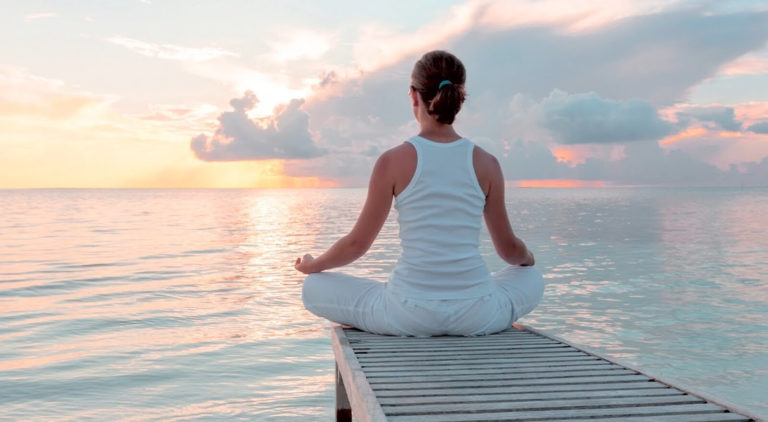Meditation
By Susan, meditation teacher at the Westoe Practice.
I’m very pleased to talk to you about meditation at the Westoe Practice, as we have some fantastic courses, including a six-week Beginner’s Meditation course. The group will be purposefully small, with a maximum of 10 participants, so that people get the benefit of a shared meditation experience, whilst still having the intimacy of a small group to learn in.
The Beginner’s Course covers some basic tools and techniques for people to get a flavour of the different types of meditation, which include techniques such as meditative breath, mindfulness, Zen, mantra, body awareness and contemplation to name but a few.
Different types or techniques of meditation approaches will resonate differently with each person, and it is through our wonderful new beginner’s class that I hope you can start to find what works for you to help you along the way of your meditative journey. And don’t worry, we will also be offering Development and Advanced meditation courses in the future, as well as one-to-one meditation sessions, so there’s lots available.
So, the age old question – what is meditation?
Maybe it is first worthwhile saying what meditation is not. It isn’t a religion and you do not have to have a faith in order to meditate, although many religions have meditation as part of their practice.
There is a tonne of information available about meditation, which can at first seem overwhelming. What I can say is that meditation is an amazing practice that is for you, from you and about you. It is a method of reconnecting to the very essence of who you are, providing a space and place to just ‘be’. Meditation is not a new fangled thing and does not belong in the ‘New Age’ genre – it has longevity and gravitas that can sometimes be forgotten in today’s society. Irrespective of its origins (for which there are many), what I can say with great conviction, is that meditation provides a positive way to reconnect with yourself in ever-stressful and demanding lives.
Meditation, its effects and benefits are far and wide reaching. In the coming weeks, I will explore the benefits of meditation in more detail, for example, how it can aid in stress reduction and build emotional resilience, as well as the physical effects of meditation, building physical resilience and helping with chronic pain management. Meditation can also help with work and work-based pressure, and we will explore a couple of recent academic studies which provide firm evidence in favour of meditation as a regular practice.
For now, though, I just want to sum up in a couple of points, the benefits meditation can bring to you:
- makes you feel ‘better’
- can increase coping abilities
- helps with focus and concentration
- increases positive emotions such as compassion and joy
- reduces stress levels
- improves immune function
- reduces high blood pressure
Whilst I can wax lyrical about all the benefits of meditation, it really is an embodied experience, so why not just give it a try?
“Meditation provides a positive way to reconnect with yourself in ever-stressful and demanding lives.”Susan, Meditation teacher at the Westoe Practice



